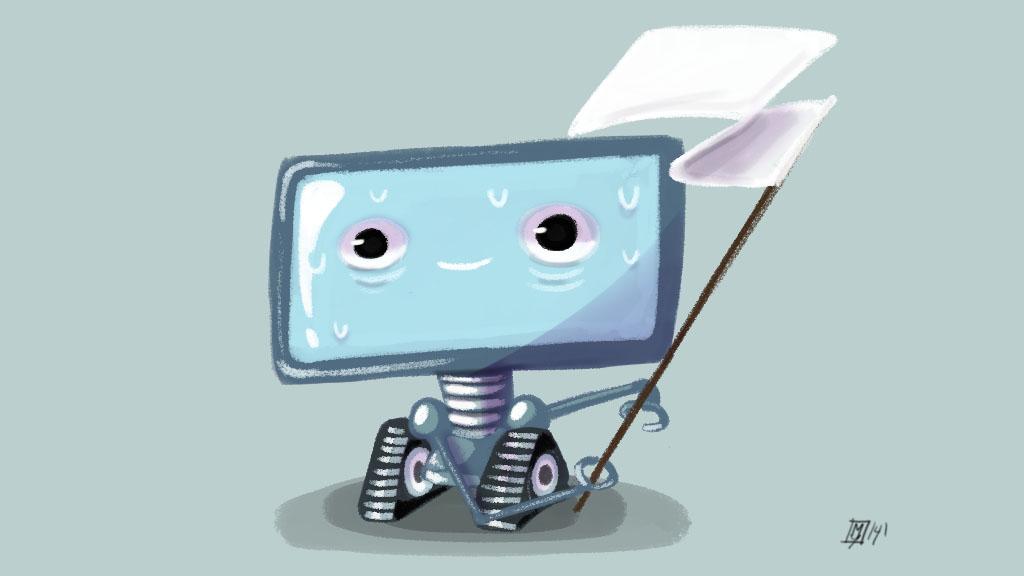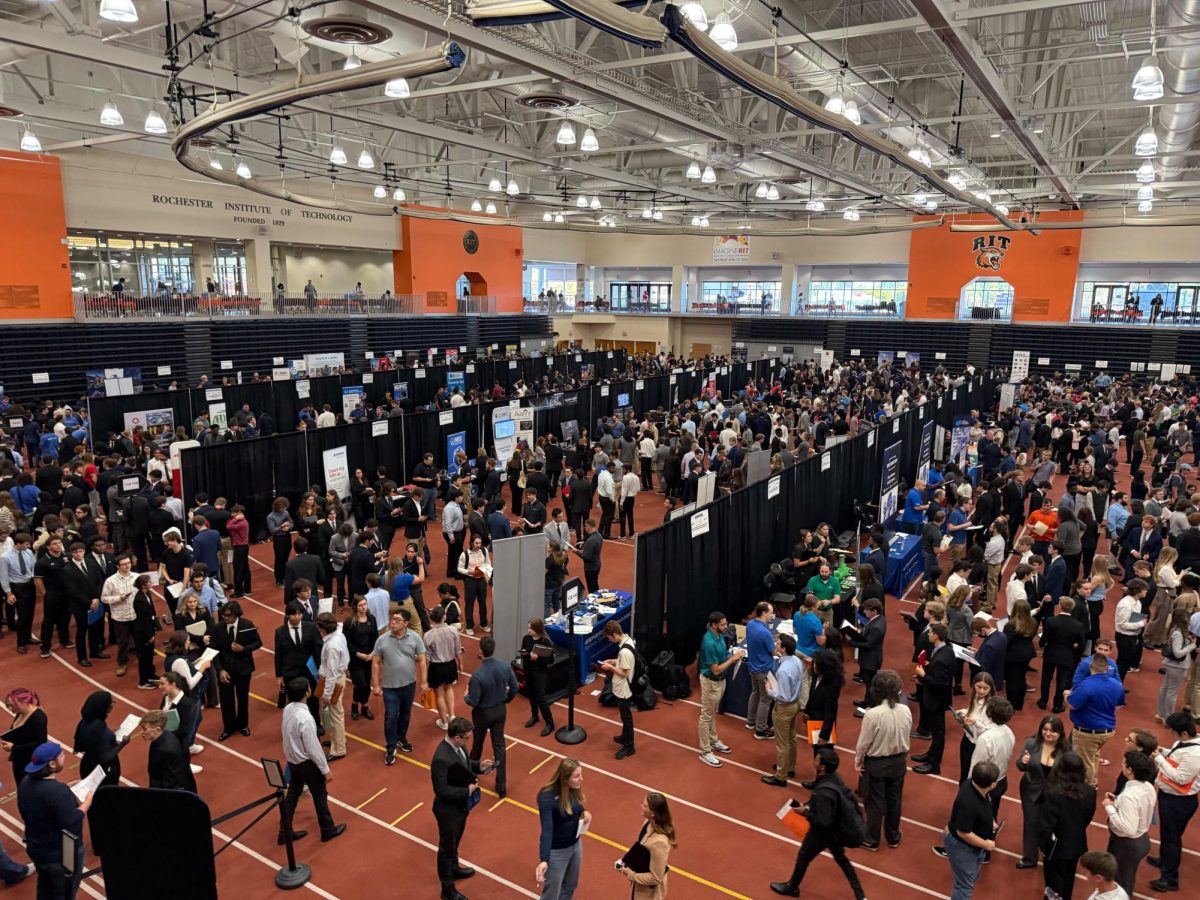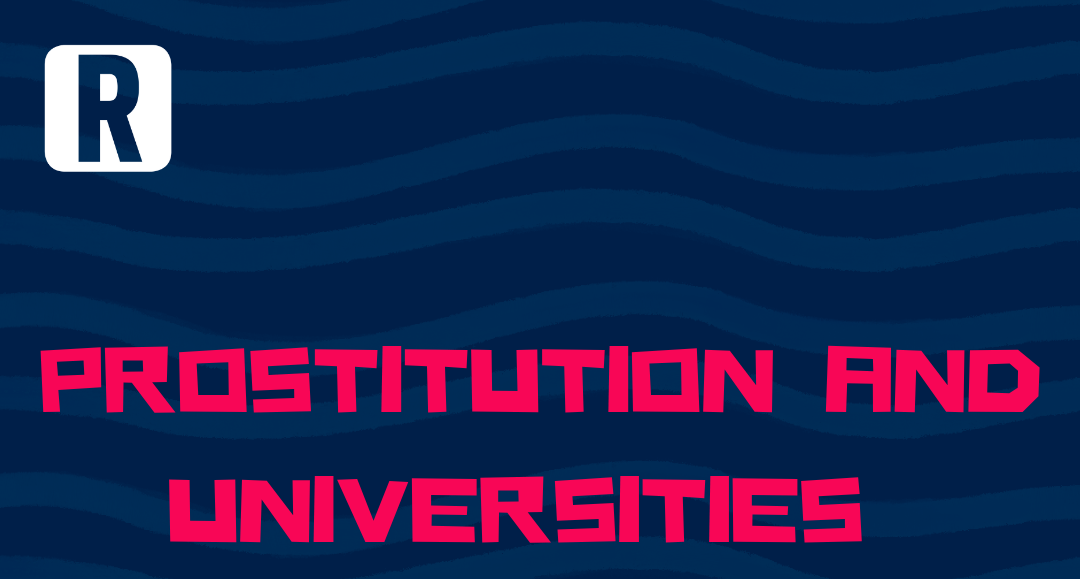Under Title II, strict regulations would be applied to ISPs. Being classified as a common carrier means that the internet would be treated as a public utility, like electricity or water. Companies like Comcast and Verizon would be given no room to charge sites for premium consumer access; however, there would also be very little room for competition. There is worry that the government would begin regulating internet prices. ISPs are opposed to this because they feel it would impose regulations that are so strict that they would impede innovation and the development of the internet. Additionally, making internet service into a common carrier would cause a rise in the average price of internet access.
While net neutrality is an extremely important issue and needs to be addressed, Title II is not the solution we are looking for. It is true that using Title II would effectively block ISPs from giving preferential treatment to sites that pay premiums, but it would also mean higher prices and stifling regulations on the internet.
If you would like to make your opinion heard by the FCC, you can email Wheeler at Tom.Wheeler@fcc.gov, use the FCC’s dedicated open internet comment email at openinternet@fcc.gov (but keep in mind that this is considered filing a document into an official FCC proceeding and will make your comment, name and email public) or call one of the numbers listed here, which include options for TTY and videophone ASL.







